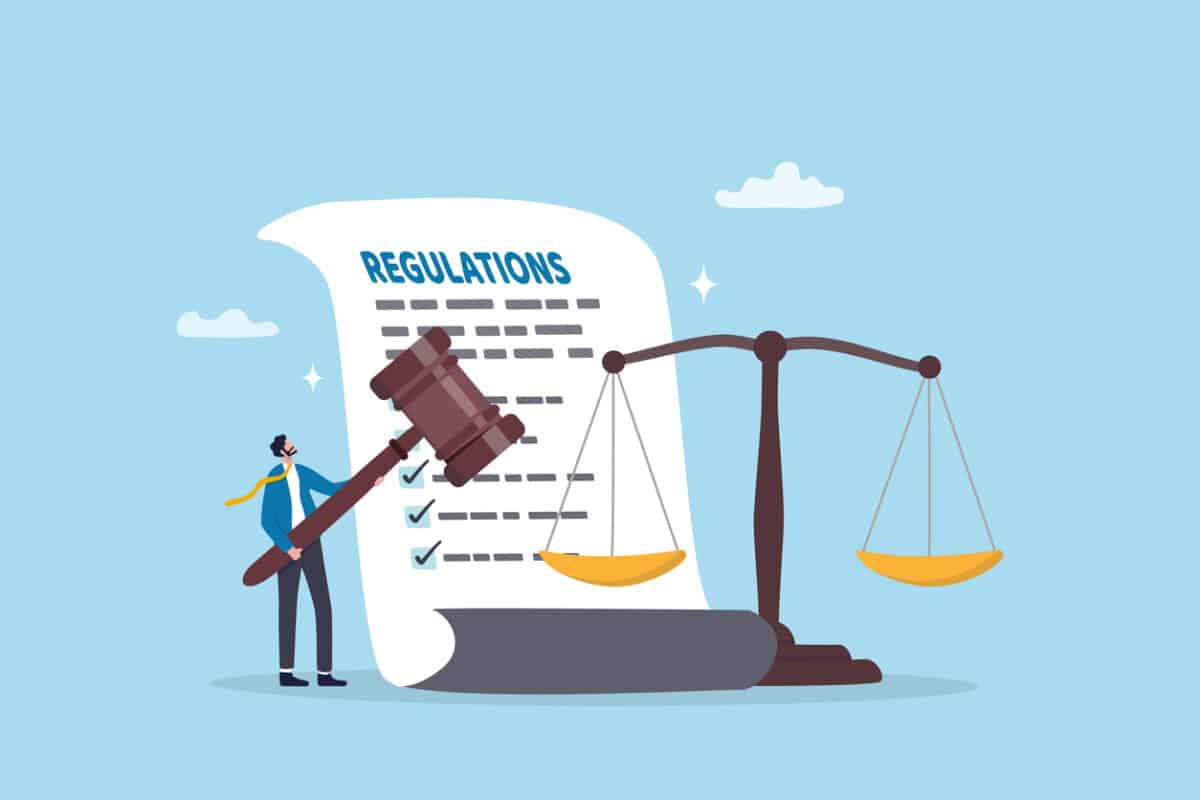The Consequences of Too Much Self-Improvement
In the never-ending saga of the BOP’s First Step Act implementation, it is difficult to keep up with the myriad issues being reported from around the prison system. This blog post focuses on non-time credit incentives – specifically, free phone minutes in return for completing eligible programming. We are now receiving reports from people who have programmed like rock stars, and thus no longer have a documented need for such self-improvement. Consider this email received by our partner organization, More Than Our Crimes:
Come December 13, I will have been incarcerated 18 years. On January 3, the BOP began offering 300 phone minutes a month in return for programming based on the needs identified by your unit team. I am not receiving them because I no longer have needs!
I have programmed constantly throughout my time in prison. To date, I have completed over 3,000 hours of educational and psychological programming. I even requested a transfer to a Virginia institution, on the other side of the country from my home, so I could participate in a residential program unit solely focused on lowering recidivism. I am prioritizing my own rehabilitation.
Yet I have been told by staff that because I have met all my “needs”, I am not eligible for the incentive/free phone minutes. A staff member informed me that because of the way the system is set up, I would literally have to do something to get myself sent to the hole (SHU) — like punching someone in the face and thus needing anger management classes – to qualify for the incentive. What sense does this make?
I have a life sentence (which I am working on changing), but I continue to program and follow the rules. I am a mentor and role model for others. It’s frustrating that the BOP is discouraging my good behavior, while limiting my ability to stay in contact with my family.
To fully explain this situation, I need to get a bit technical. When a person arrives at a designated federal prison facility, they meet with their unit staff within the first four weeks. At that meeting, staff identify evidenced-based recidivism-reduction (EBRR) programs and productive activities (PAs) the individual would benefit from. Their recommendation is based on assessments from various departments of 13 risk/need areas* related to reducing their criminality profile (a tool called the SPARC-13). For each inmate, a “Y” (yes) or “N” (no) is keyed into the computer for each of the 13 factors. For instance, drug treatment would be recommended for the “substance abuse” need if the inmate has a history or active practice of misuse. (Note that the data for much of this assessment comes from the individual’s pre-sentence report.)
What has long been our concern is that the BOP has the discretion to only award incentives for inmates with at least one “Y” from the unit team. So, as inmates complete programming, staff have the discretion to change the “Ys” to “Ns”.
While it sounds counter-intuitive to penalize people who address their risk/need areas, the rule was probably intended to reduce program waiting lists. Anyone who remembers the implementation of early-release incentives for the Intensive Confinement (ICP) and Residential Drug Abuse Treatment (RDAP) programs understands the disastrous consequences of extensive waiting lists, including reduced early-release benefits (because of not getting into the program soon enough) as well as the manipulation of the queue by the chosen few.
Academics, politicians and beltway organizations who are disassociated from the reality of prison sub-culture probably don’t understand that people without means will indeed commit infractions, if necessary, to create a new need and allow greater family communication. If they can’t get the free phone minutes, they may also turn to illegal cell phones. While we haven’t yet received complaints about the inability to earn FSA time credits for the same reason, I expect we will.
Meanwhile, a problem that gets lost in all of this is the BOP’s misrepresentation that people with the greatest risk of recidivism (those in high- and medium-security prisons) are prioritized for program placement. I continue to see individuals in high-risk penitentiaries sit on waiting lists for years. Likewise, people who are ineligible for early release spend nearly 85% of their time in violent environments (USPs) with minimal access to programming due to the frequent lockdowns. How does that make correctional sense?
It was during the failed “tough on crime” era that the government created carveouts that differentiated by charge and imposed sentence that created the impression that they were “taking action.” The length of the sentence itself is the punishment and is based on the totality of the criminogenic circumstances. Once incarcerated, people should be treated equally from a sentence-structure perspective.
PERA’s position: Once entering the carceral system, everyone should be treated equally — including the eligibility to earn early-release benefits.
* The 13 areas include: • anger/hostility • antisocial peers • cognitions • dyslexia • education • family/parenting • finance/poverty • medical • mental health • recreation/leisure/fitness • substance use • trauma • work. Both EBRR programs and productive activities that correspond with the specific risk/needs can be found on pages seven through 10 in the approved programs directory.
The unit team is required to recommend programs and productive activities that match these areas of risk/need. However, the team also can changed needs to no needs.




